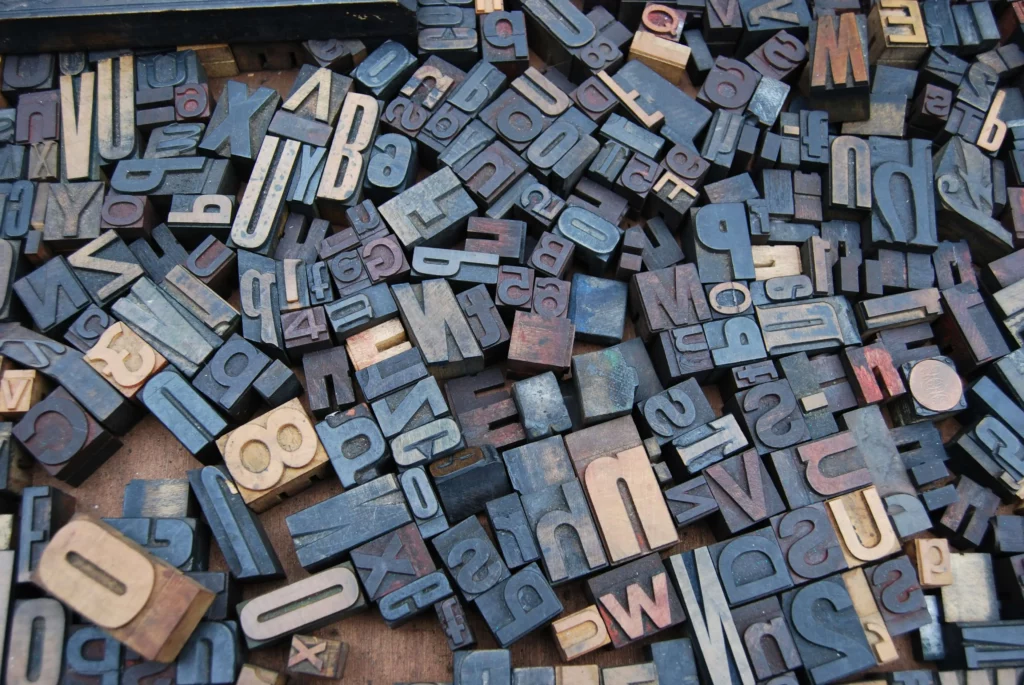Confusion between the spellings of the word “surprise” is a common issue many of us face. Specifically, the common misspelling ‘suprise‘ frequently creeps into our written communication. This article provides clarity on the correct spelling and pronunciation of this word, which is important within both personal and professional contexts of communication.
The Correct Spelling
The word ‘surprise’ is the correct way to spell this commonly used noun and verb. It represents an unexpected or astonishing event, fact, or thing. However, the word ‘suprise‘ does not exist in English.
It is simply a common misspelling made by learners, and even sometimes by native speakers. On the other hand, ‘surprize’ was once an alternative spelling, but it’s very rarely used today and is not considered correct in modern standard English.

The Common Mistake
More often than not, the error arises due to the pronunciation of ‘surprise’, where the first ‘r’ often sounds weak or gets omitted entirely in casual conversation. This commonly leads learners to misspell it as ‘suprise‘ in their writing or typing.
Pronunciation & Correcting the Mistake
The word ‘surprise’ is pronounced as /səˈpraɪz/. The first syllable is quite soft, almost like a whisper: ‘su’, while the stress falls on the second syllable ‘prize’, pronounced with a clear, long ‘i’ sound. Remembering this pronunciation can help you avoid the spelling mistake.
Always recall that ‘surprise‘ has two Rs, one before and one after the ‘p’. An effective way to remember this is to associate ‘surprise’ with the phrase ‘Really Remarkable’, reinforcing the presence of double Rs.

Memory Aids & Exercises
In order to strengthen your understanding, try the following:
- Use Memory Cues: Keep the phrase ‘Really Remarkable’ in your mind to remember the double Rs in ‘surprise’.
- Use Spell Check Tools: Most writing software such as MS Word, Google Docs, or Grammarly have spell check tools which automatically correct or highlight misspelt words like ‘suprise’.
- Practice Writing Sentences: Write down 10 sentences using the word ‘surprise’. Regular practice will help solidify your understanding of its correct usage and spelling.
Conclusions
Misplacement of letters in words is a common mistake most people, including native English speakers, commit. It is essential to the English language to understand the correct spellings and uses of words. Remember, ‘surprise’ is the acceptable way to spell, while ‘suprise’ and ‘surprize’, though they may appear to be alternate forms, are incorrect in the present context. Exposure to the use of ‘surprise’ in different contexts of language can aid in mastering its spelling and pronunciation. Keep practicing and never hesitate to use aids or ask for help when needed.
